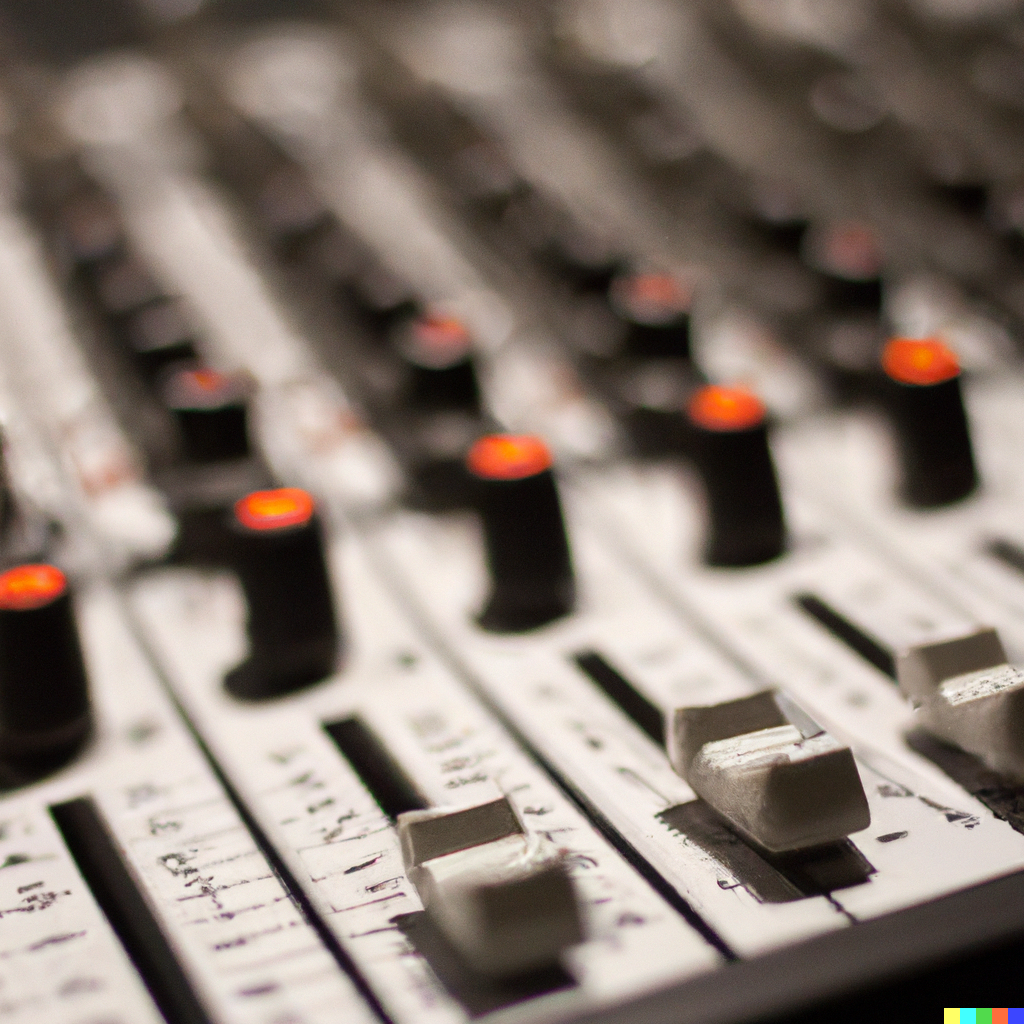What Software Do Music Engineers Use?
Music engineering has come a long way since its inception, and so has the technology that supports it. Gone are the days of mixing and mastering music solely on analog consoles, as modern music engineers now rely on digital audio workstations (DAWs) to achieve professional-grade sound quality. In this article, we’ll explore the various software that music engineers use to create, mix, and master music.
Introduction
Music engineering is a complex process that involves the technical manipulation of sound. It requires specialized software tools that aid in recording, editing, and mixing audio files. These software tools are known as digital audio workstations or DAWs.
What is a Digital Audio Workstation (DAW)?
A digital audio workstation (DAW) is a software application that allows music engineers to record, edit, and mix audio files. DAWs are essential tools for modern music production, and they come in various forms, from basic audio editors to full-featured music production suites.
Types of DAWs
There are many types of DAWs available, each with its own set of features and capabilities. Here are some of the most popular DAWs used by music engineers:
1. Pro Tools
Pro Tools is the industry standard DAW used in professional music production. It is a powerful tool that offers a wide range of features, including advanced audio editing, mixing, and mastering tools.
2. Logic Pro X
Logic Pro X is a popular DAW among music engineers working on Mac systems. It is a comprehensive music production suite that offers a wide range of features, including virtual instruments, effects, and plugins.
3. Ableton Live
Ableton Live is a unique DAW that offers a different workflow than traditional DAWs. It is particularly popular among electronic music producers due to its real-time performance capabilities.
4. Cubase
Cubase is a powerful DAW that offers advanced audio editing and mixing tools. It is a popular choice among music engineers due to its user-friendly interface and compatibility with various audio hardware.
Plugins
In addition to DAWs, music engineers also use various plugins to enhance the audio quality of their recordings. Plugins are software add-ons that work within a DAW to provide additional functionality, such as virtual instruments, effects, and audio processing tools.
Types of Plugins
There are many types of plugins available, each with its own set of features and capabilities. Here are some of the most popular plugins used by music engineers:
1. EQ Plugins
EQ plugins are used to adjust the frequency balance of audio recordings. They allow music engineers to boost or cut specific frequencies to achieve a desired sound.
2. Compressor Plugins
Compressor plugins are used to regulate the dynamic range of audio recordings. They reduce the volume of loud sounds and increase the volume of quiet sounds, resulting in a more even sound.
3. Reverb Plugins
Reverb plugins are used to add a sense of space and depth to audio recordings. They simulate the natural reverberation of sound in different environments, such as a concert hall or a cathedral.
Conclusion
Music engineering is a complex process that requires specialized software tools. Digital audio workstations (DAWs) are essential for recording, editing, and mixing audio files, while plugins are used to enhance the audio quality of recordings. Pro Tools, Logic Pro X, Ableton Live, and Cubase are some of the most popular DAWs used by music engineers, while EQ, compressor, and reverb plugins are among the most commonly used plugins.

Leave a Reply